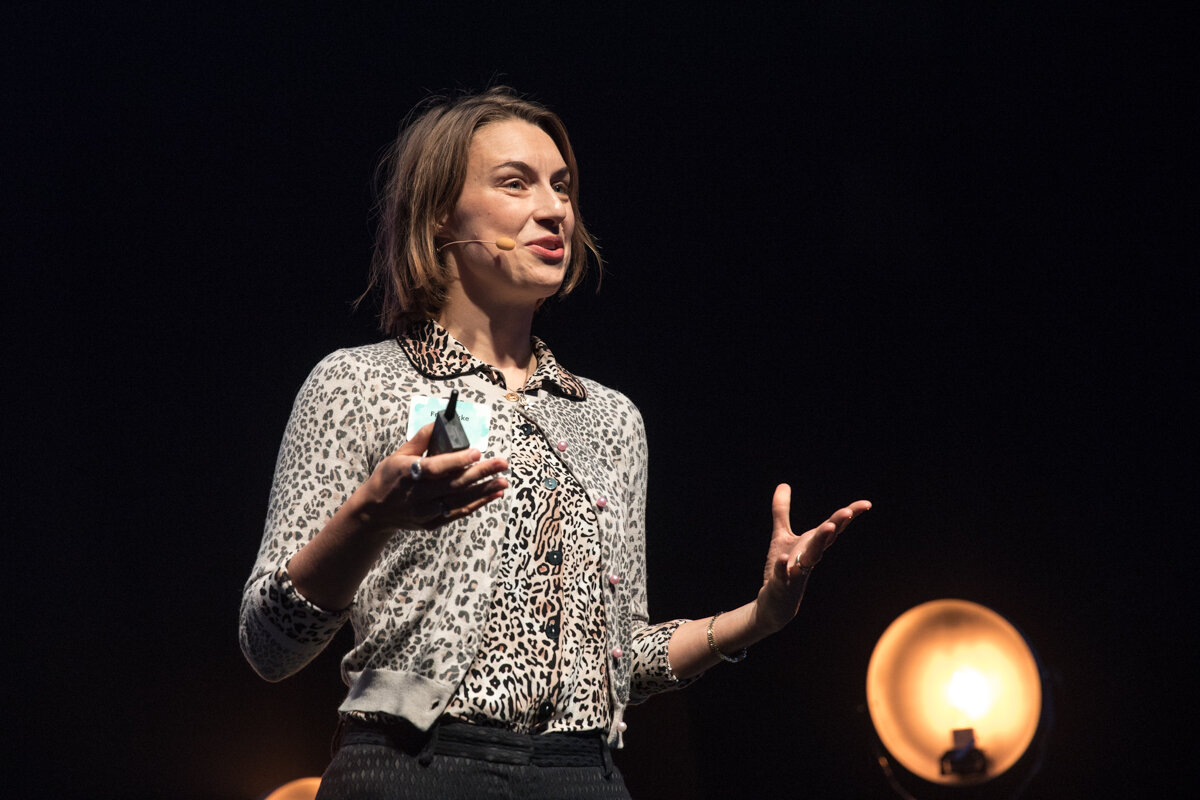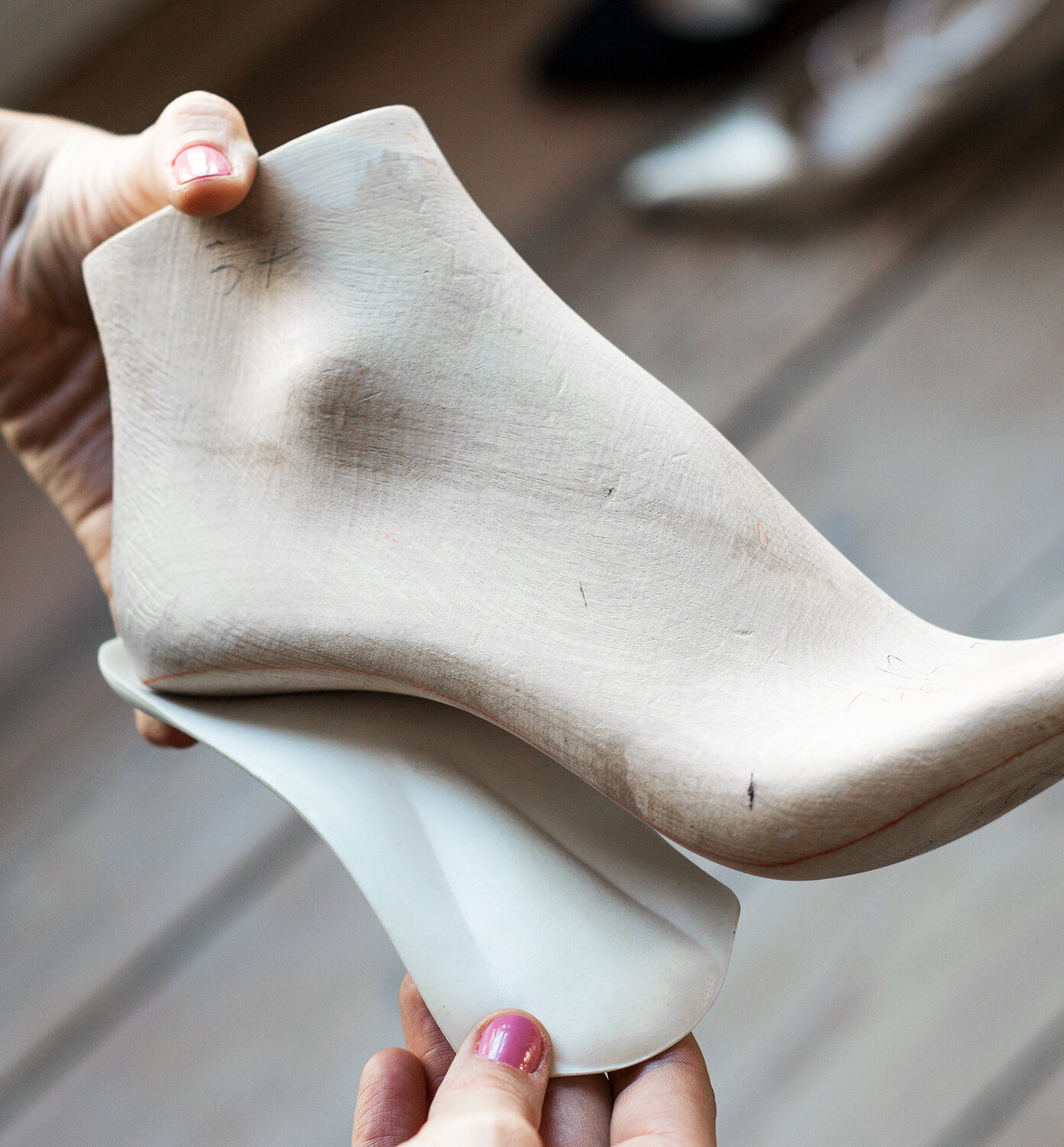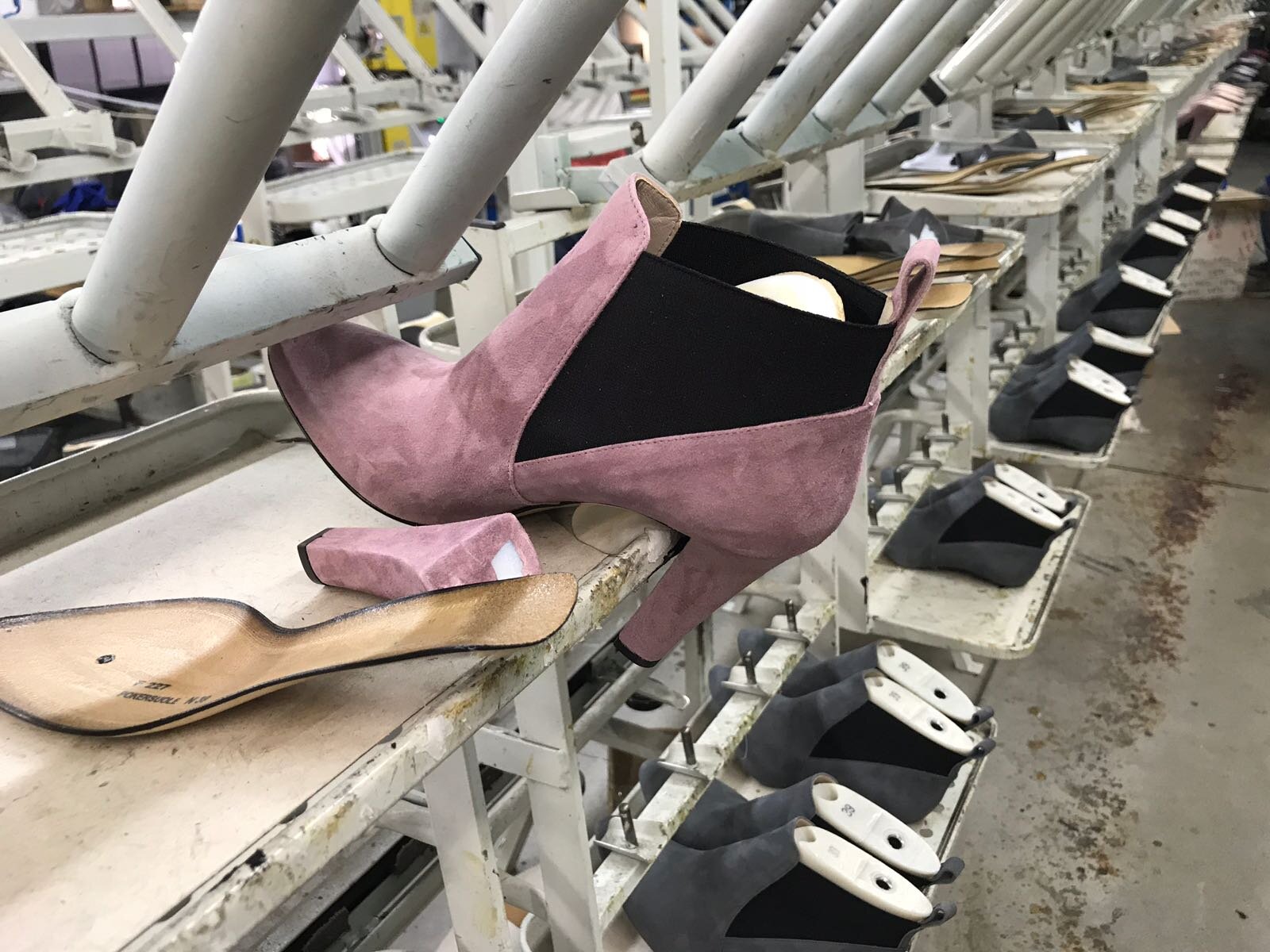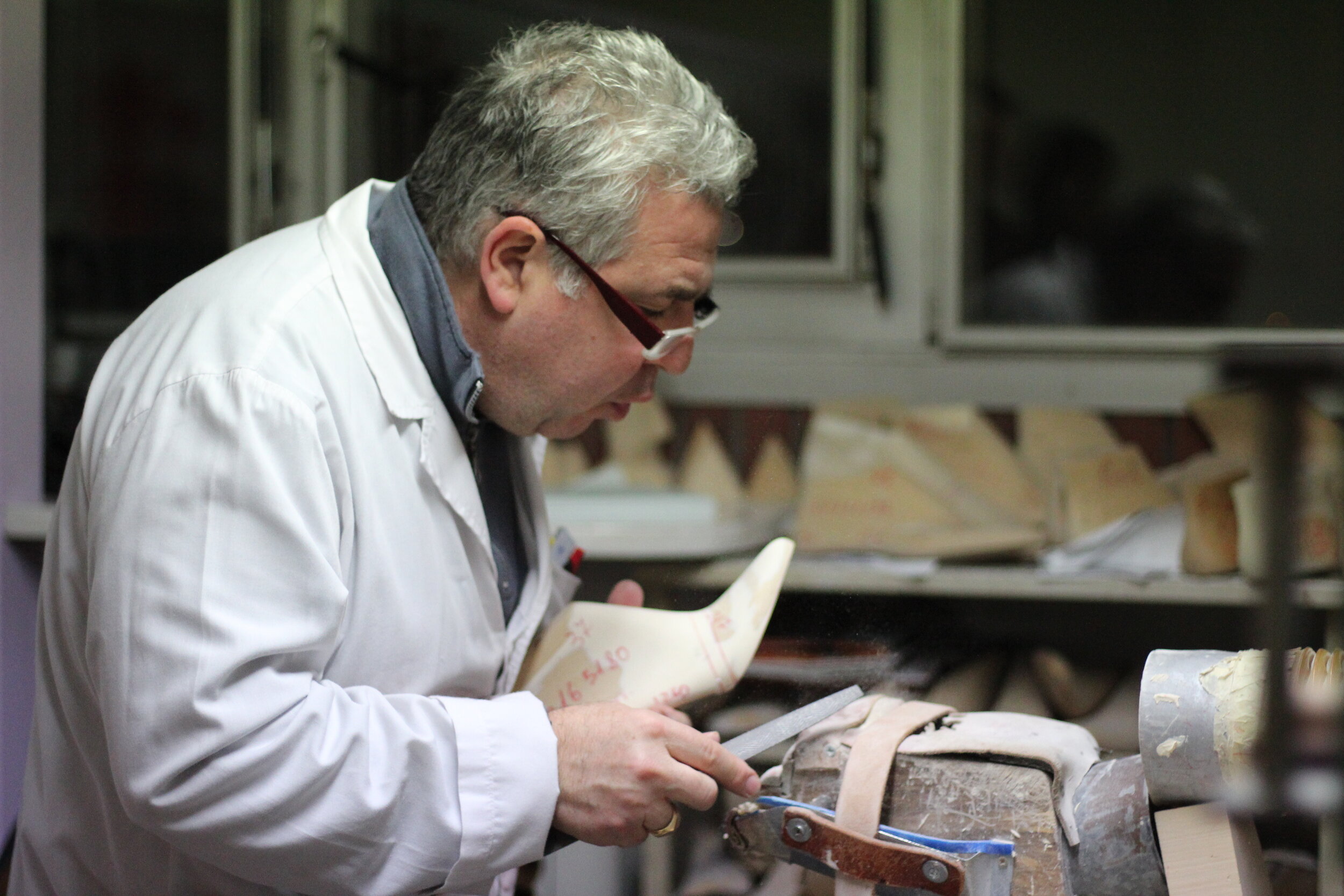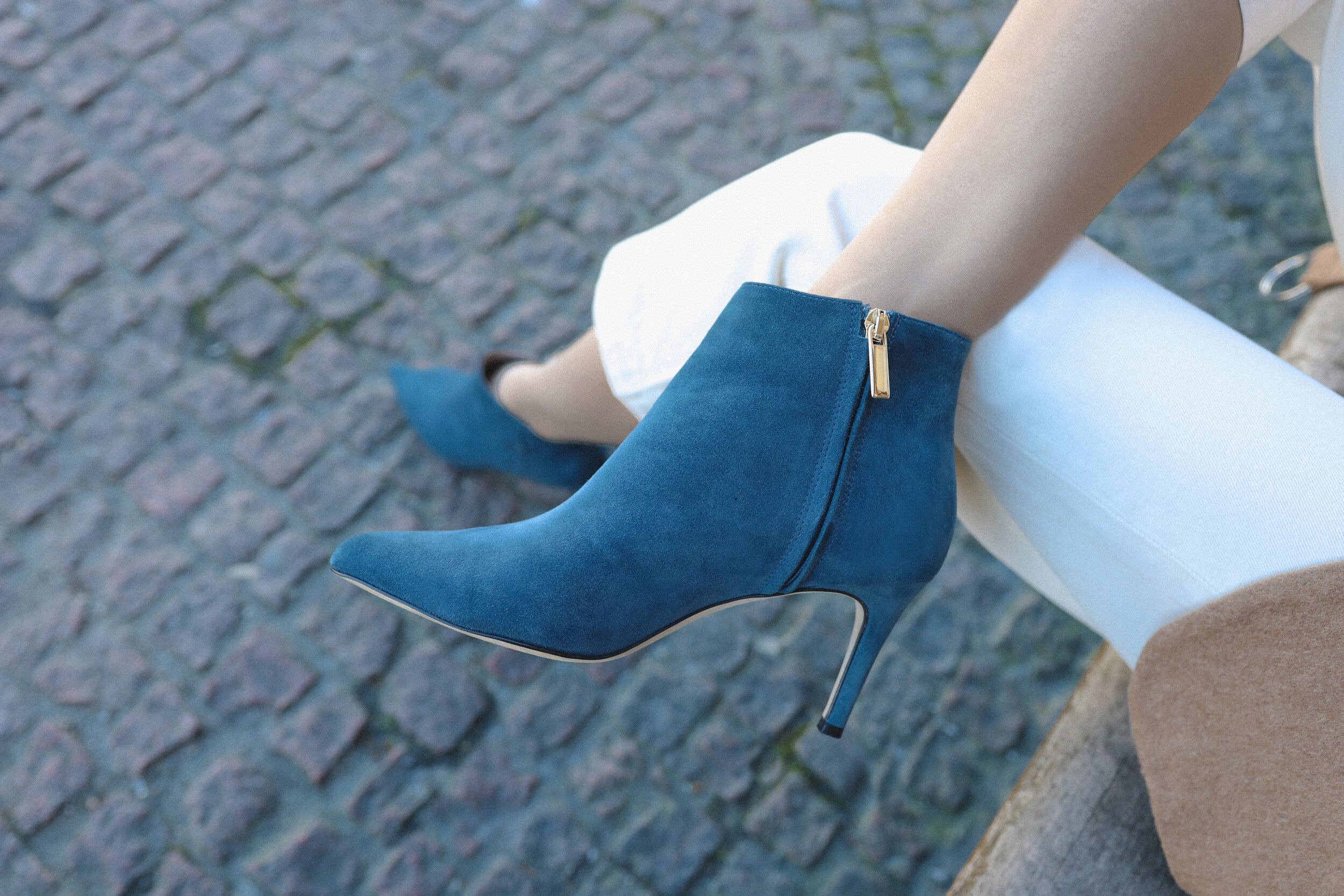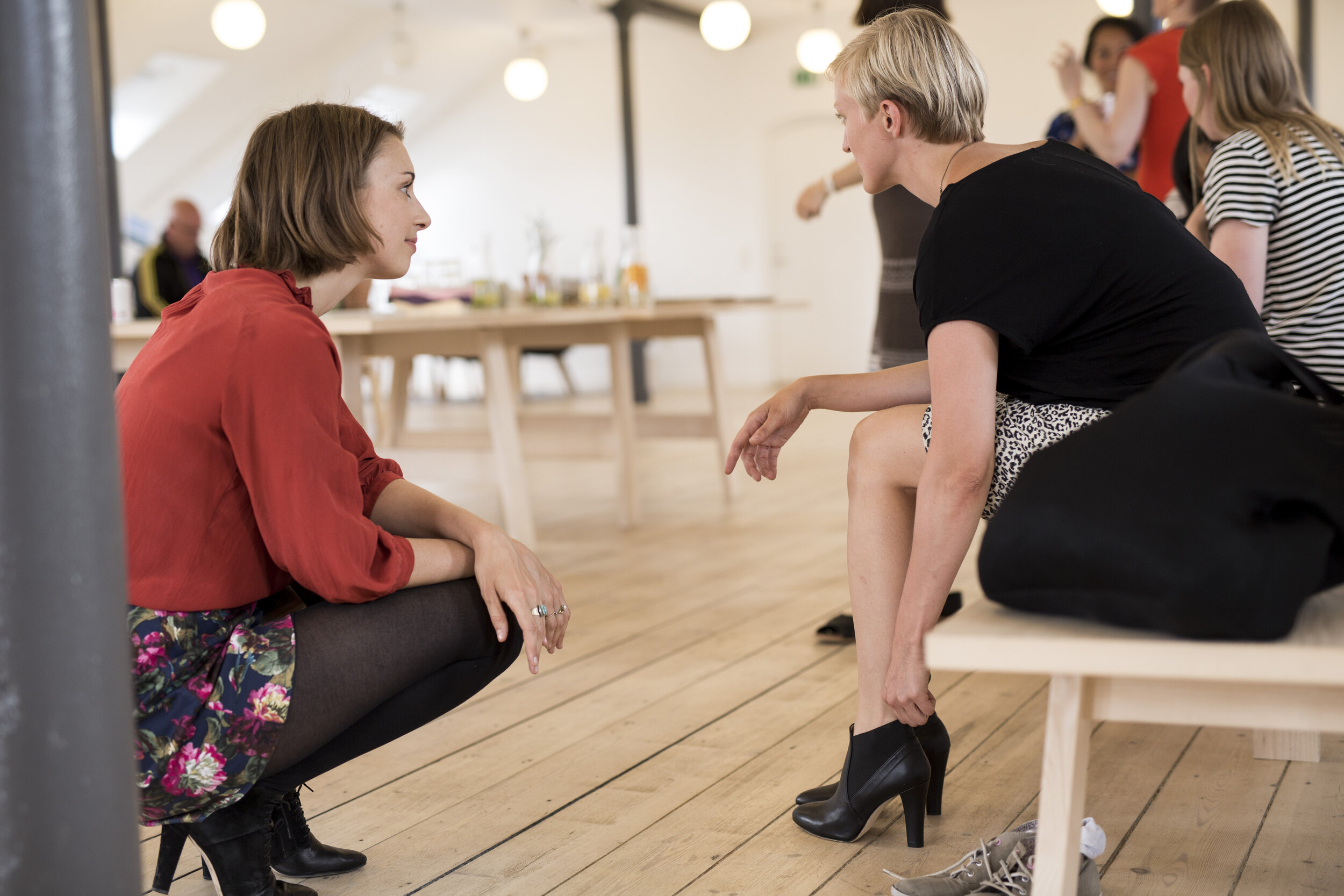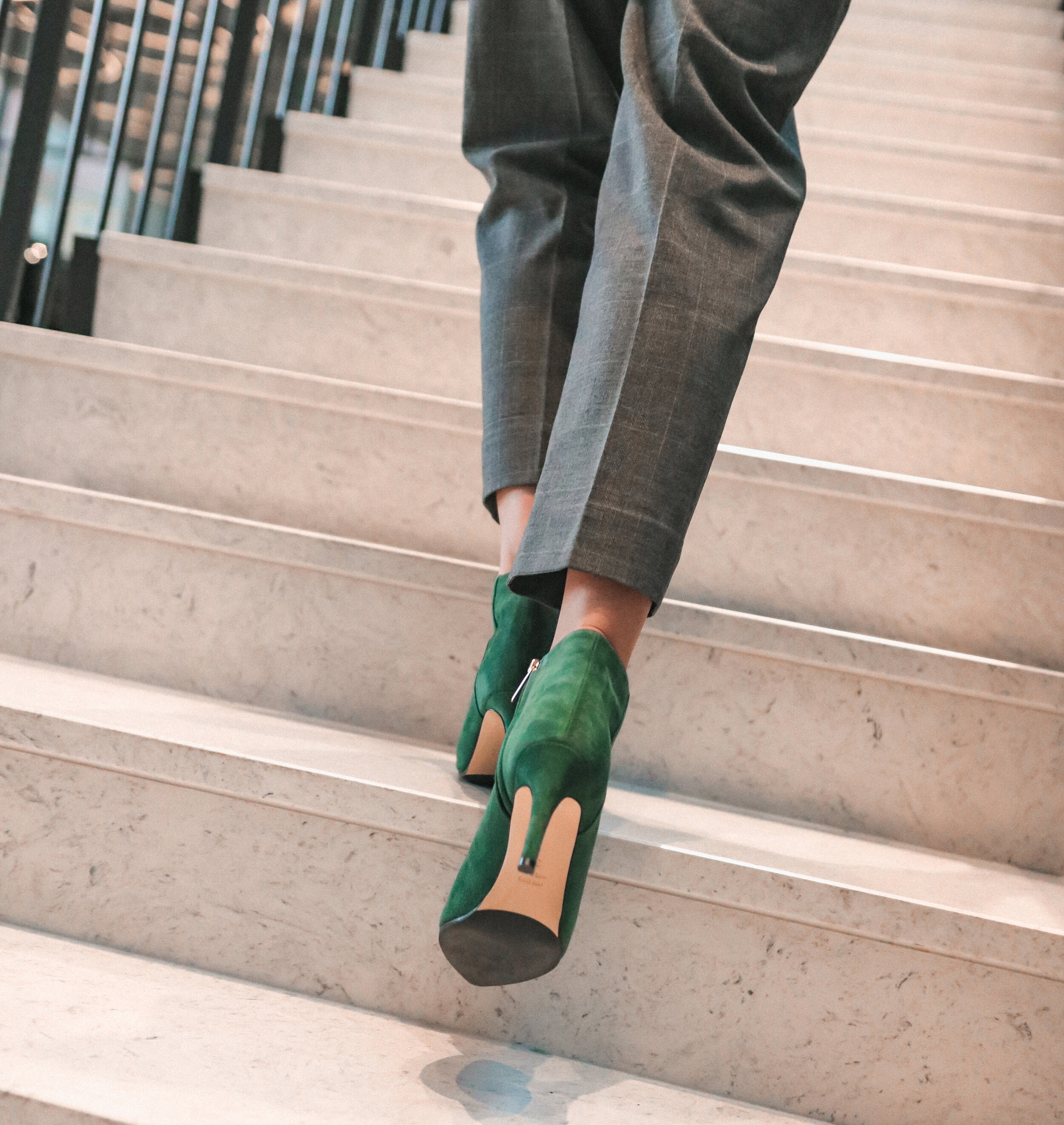The story of a female founder and the movement she built
The story
Owner and Founder of Roccamore, the Danish brand of comfortable high heels, Frederikke Antonie Schmidt, never set out to be an entrepreneur. She was very happy working as a designer for big brands in Italy.
But, she had this idea of creating high heels that wouldn’t kill your feet. And then someone told her that she couldn’t start a company by herself, let alone run it as a single female founder. So she thought, she at least try to prove him wrong.
Frederikke approached an orthopaedic shoe maker with her vision, to ask for support in the development. He thought the idea was crazy, but nethertheless, began helping with the first draft of an insole. An insole that eventually would shape your foot to walk as anatomically correct as possible, in high heels.
She used herself as a baseline for testing and developing the comfort, using the shoes everyday for about 2 years, until she finally had the perfect insole.
Kickstarting success
Getting the company off the ground in monetary terms was the next challenge. Back in 2014, crowdfunding was kicking off in the United States, but not so much in Europe, and then there was the question as to whether selling a rather specialised fashion product, such as a high-heel, would be a success. With huge amounts of support firstly from friends, family, and then other pledges, Roccamore finally raised 335,050 DKK (around $5,100) of funding on Kickstarter, including many pre-orders of the heels themselves.
Once the company had ‘kick-started’, the design process began, and as it should for any business, communicating with existing and potential clients was key. Once styles, colors, and patterns etc had been worked out, the designs were then developed, and then presented to the users, who were able to vote for the pair they wanted to see get made. This interactive process increases the value of the heel for the client in the sense that they had direct involvement in it’s creation, and it’s actually something they chose - they didn’t have to settle for a shoe that does the job, but isn’t perfect.
handMade in italy
The next step in building Roccamore was production of the shoes. After some passionate negotiation, a deal was secured with a prestigious, family-run Italian factory - who also happens to produce for Valentino Red. The shoes are made from fabrics and materials left over from other high-end fashion brands. This sustainable fashion concept not only reduces waste created when producing fashion items, but also adds an ‘exclusivity’ element to the shoes. That is to say that pieces are very much limited editions. There is no continual production in place, and the pieces aren’t seasonal. Sometimes there may be only 92 pairs of a certain shoe made, and once they’re gone, they're gone!
From a purely monetary perspective, this process also works to the businesses advantage, as they’re not wasting time, materials, and money on creating shoes, only to spend even more on leftover inventory. But that’s not the only reason Roccamore chooses to only create exclusive, and numbered collections.
“It’s also about educating our customers - people need to learn that we don’t need excessive amounts of stuff in the world. We need better products, that last longer”
Roccamore shoes mean that you don’t need a million different pairs of shoes, what you need are a selected number of really good shoes. And it’s really helping people understand the value, and appreciate the products they’re buying. Woman are recognizing each other at events and saying, “Hey, you got the green ones, I loved those - check out my red ones”. Some are even auctioning off the limited edition shoes, as those that missed out are still desperate to get their hands of them.
Reaching for the stars
The main highlights for Roccamore have been tripling the revenue 3 years in a row, increasing brand awareness, and generally becoming a more successful, sustainable company. For Frederikke, a less tangible, but equally important highlight, has been overcoming the existing pressures and doubts of todays society of going into business. Not only as a lone professional, but also as a woman.
She also touched on a personal victory of when she was able to prove to those, who earlier on in Roccamore’s journey, had doubted her ideas and capabilities, that she was indeed, very capable. “Don’t let anyone tell you what you can’t do…’, she said, “...too often these days people are looking to bring each other down - but why aren’t we trying to make everyone feel better, and helping them to be successful instead!”
No Sales, just loyal clients!
Currently Roccamore is selling 72% through their online webshop and 28% through their recently opened stores in Copenhagen and Aarhus. Four times a year Frederikke and her team creates pop-up tours; 5 cities in 5 days with 500 pairs of shoes. To meet the customers all over and to get their feedback.
At the heart of every Roccamore business decision, are the loyal customers. From the participating in the design process, to receiving their new pair of shoes - those customers who are happy to pay for the value of an interactive, and very personal experience. Which is exactly why there are no sales at Roccamore; it’s important that clients are loyal to the brand, and discounting products does not create brand loyalty. Not only does this align perfectly with what the brand stands for, but it is also a very fair strategy - nobody wants to feel cheated because they paid full price, when others don’t have to - it would be unjust to those loyal clients who are dedicated to the Roccamore brand.
The same applies to the concept of selling products on different ecommerce platforms and marketplaces. Selling products through resellers can often mean losing control of the information displayed, especially the price. Again, this can mean sending the wrong message to loyal customers, and creating disappointment, as well as negative feedback.
What’s incredible to add to this story is that Frederikke was no business alumni. She didn’t study entrepreneurship, nor was it her goal to create this successful business. What she did was focus on something important to her, learn every little pieces as she went, and eventually carrying on that passion forwards - it just so happened to make for a really friggin’ cool business idea. That’s not to say it wasn’t challenging!
“It’s all about people pleasing - if not, we’re doing it wrong!”
In terms of learning how to run a business - that wasn’t intentional either. She never thought she’d have the ‘guts’ to do it, especially as it was such a personal project for her. But the more she did, the more she learned, until she decided to fully commit to the idea of launching Roccamore. And she hasn’t looked back since.
